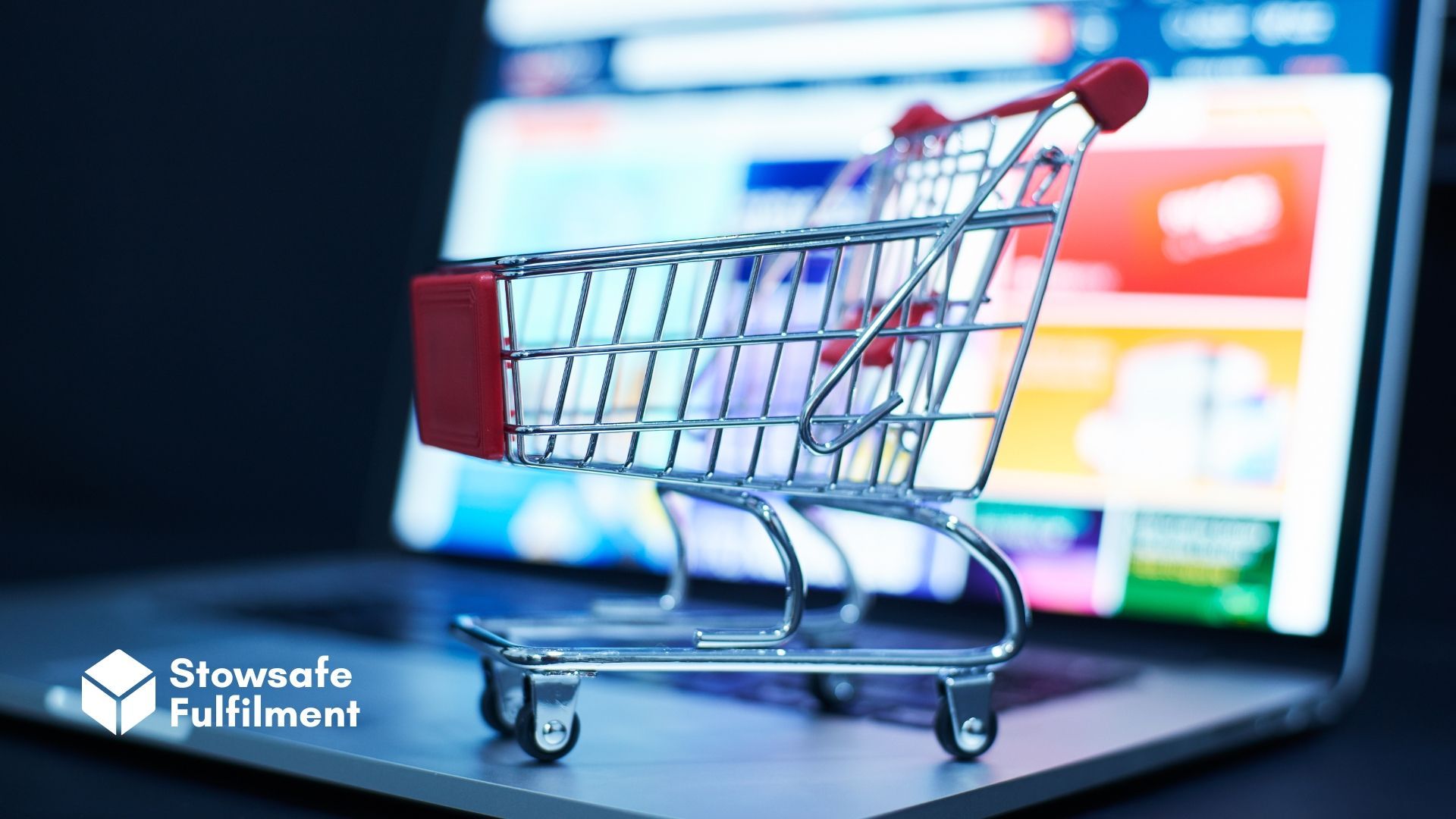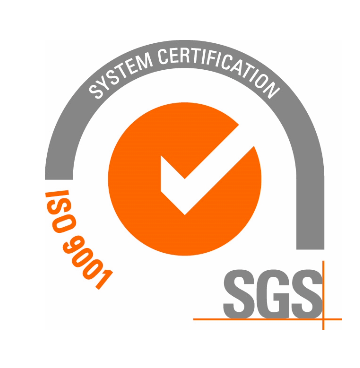The Windsor Framework and Northern Ireland Protocol explained. Learn how it will improve trade for Northern Irish and other UK businesses.

The Northern Ireland trade agreement, also known as the Northern Ireland Protocol, was established as part of the Brexit process. Now, an amendment to this agreement, The Windsor Framework, has been proposed and will be voted on in UK Parliament on 22 March.
How will this affect businesses trading between the UK and the EU?
The Brexit backdrop
To understand the Northern Ireland Protocol and therefore The Windsor Framework, it's important to first understand the background of the situation.
Prior to Brexit, Northern Ireland as a part of the UK was a member of the European Union. This meant that goods could move freely between the UK, Northern Ireland and other EU member states without any restrictions or checks.
When the UK as a whole voted to leave the EU, this created a problem for Northern Ireland. If Northern Ireland had left the EU along with the rest of the UK, it would no longer be part of the EU single market and customs union, which would mean that goods moving between Northern Ireland and the EU would be subject to checks and tariffs.
This could have had a significant impact on the Northern Irish economy and the practicalities of everyday life for the people of the country and the Republic of Ireland.
To address this issue, the UK and EU negotiated the Northern Ireland Protocol, which came into effect on January 1 2021. The agreement was designed to allow for the free movement of goods between Northern Ireland and the EU (the Republic of Ireland in particular). It also aimed to ensure that there was no hard border between Northern Ireland and the Republic of Ireland, which remained an EU member state.
Under the Northern Ireland trade agreement, Northern Ireland remained a part of the EU single market for goods, meaning goods produced in the country could be sold in the EU without any restrictions or checks. It also meant that goods imported into Northern Ireland from the EU did not need to be subjected to customs checks or tariffs.
To ensure that there was no hard border between Northern Ireland and the Republic of Ireland, there had to be a number of measures in place as substitutes for physical checks at the border. Instead, the protocol relied on a system of checks and controls that took place within Northern Ireland. This meant goods moving between Northern Ireland and the rest of the UK may be subject to checks and controls.
Reasons to change the Northern Ireland Protocol
This arrangement simply served to move where customs checks were taking place, creating problems such as higher prices for companies and individuals to trade with the rest of the UK.
These difficulties led UK Prime Minister Rishi Sunak and President of the European Commission Ursula von der Leyen to set out a new agreement on 27 February 2023. This agreement, known as The Windsor Framework, sought to address some areas of concern brought about by the original Northern Ireland Protocol.
The most notable changes to the original agreement are as follows:
- A new system of checks on goods moving from Great Britain to Northern Ireland.
- Individuals sending parcels to Northern Ireland to other individuals will not require customs paperwork. Online businesses sending parcels to individuals will be subject to minimal customs processes.
- An EU limit on the number of reduced and zero rates of VAT that can be applied to certain goods is dis-applied in Northern Ireland. In addition, an exemption has been agreed so zero rates of VAT on the installation of energy-saving materials in immovable property, such as heat pumps and solar panels can apply in Northern Ireland (as it does already in Great Britain).
- All medicines placed on the market in Northern Ireland will now be regulated by the UK regulator, the Medicines and Healthcare products Regulatory Agency (MHRA), rather than the EU's regulator. All UK-approved medicines will be available for sale there.
- A new "Stormont Brake" mechanism.
- The circumstances under which the EU can bring action against the UK for subsidies in Northern Ireland under the EU's state aid rules have been tightened.
- The UK Government has agreed to drop the Northern Ireland Protocol Bill that would have blocked the application of parts of the Protocol in UK law – and the EU has agreed to drop its legal actions against the UK for not implementing the Protocol in full.
What were the barriers to adoption?
The proposal was well supported in Westminster and the only part of the proposal that was opposed by any political faction was the Stormont Brake mechanism.
This mechanism enables 30 Members of the Northern Ireland Assembly – from at least two political parties – to object to the application of some of the updated or amended EU laws. This creates a "Petition of Concern", which gives the UK Government the ability to block the adoption of the updated or amended EU laws in the Joint Committee.
On 24 March 2023, representatives from the UK and EU met to formally adopt The Windsor Framework.
How will it work in practice?
The Framework will see the creation of a "green lane" from the mainland UK into Northern Ireland, making the movement of goods much freer and easier. There will also be a "red lane" for goods from the UK passing through Northern Ireland that are destined for the Republic of Ireland and the rest of the EU. The "red lane" goods will be subject to full customs checks and controls.
Is The Windsor Framework good?
On the whole, The Windsor Framework should be a huge benefit for British companies to trade with each other across the whole of the UK. It removes some customs charges for goods going in and out of Northern Ireland – and should, therefore, bring the price of these goods down.
Stowsafe's seamless
order fulfilment service can take the pain out of navigating borders and customs.
Get in touch to find out how we can help your eCommerce business.
All Rights Reserved | Stowsafe Fulfilment














